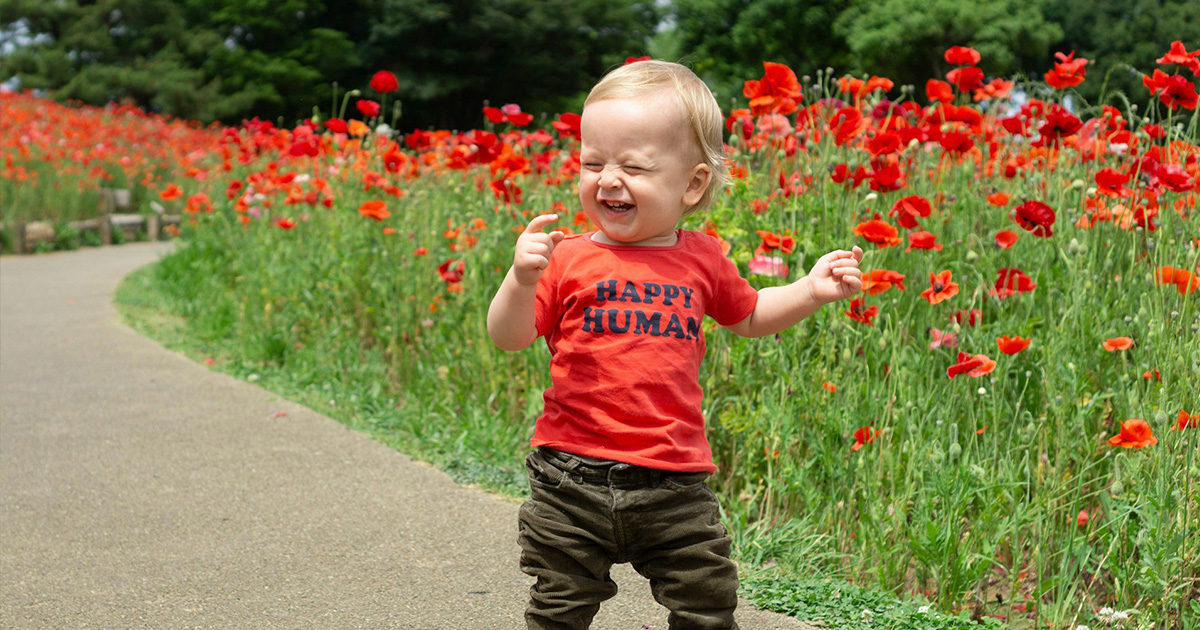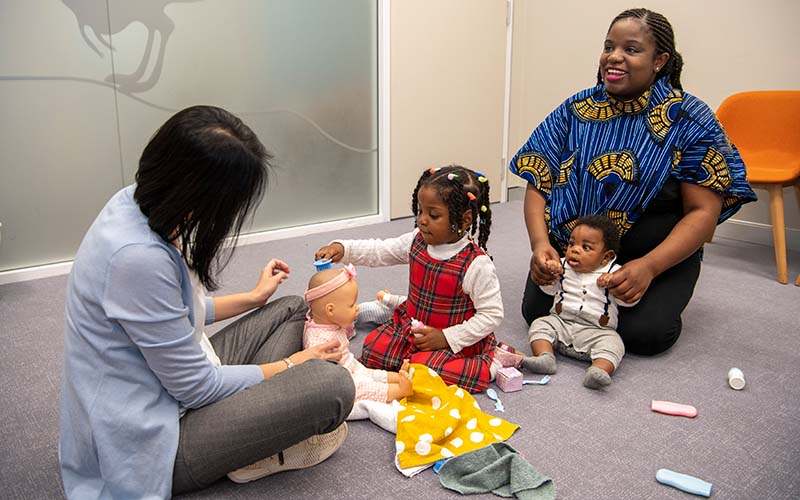Search
Showing results for "Au"

Our team aims to better understand how the immune response to immune challenges, such as viral infections can influence the risk of developing asthma or autoimmune disease.

The Kids' autism research takes place at CliniKids, a centre that integrates world-class research with a clinical service for children with developmental delay and/or autism and their families.
Research
‘Beyond core business’: A qualitative review of activities supporting environmental health within remote Western Australian schoolsAboriginal children and families contend with higher rates of preventable infectious diseases that can be attributed to their immediate living environment. The environments in which children spend most of their time are their homes and schools. We aimed to understand the opportunities in the school setting to support student skin health and wellbeing through environmental health activities, how these activities were completed, and the barriers to their implementation.
Research
Autism and intellectual disability are differentially related to sociodemographic background at birthWe used population data on Western Australian singletons born from 1984 to 1999 (n = 398,353) to examine the sociodemographic characteristics of children...

News & Events
Census data reveals stark gap in asthma risk for inner and outer city kidsChildren who live in the outer suburbs of Australia’s four biggest cities are twice as likely to have asthma as those living in inner city areas, according to a new study based on health data captured in the last Australian Census.

Research
The Life Course CentreThe Australian Research Council (ARC) Centre of Excellence for Children and Families Over the Life Course
Research
Associations between genotype, phenotype and behaviours measured by the Rett syndrome behaviour questionnaire in Rett syndromeRett syndrome (RTT) is a rare neurodevelopmental disorder with developmental impairments, comorbidities, and abnormal behaviours such as hand stereotypies and emotional features. The Rett Syndrome Behaviour Questionnaire (RSBQ) was developed to describe the behavioural and emotional features of RTT.
Research
ONC201 in Combination with Paxalisib for the Treatment of H3K27-Altered Diffuse Midline GliomaDiffuse midline gliomas (DMG), including diffuse intrinsic pontine gliomas (DIPG), are the most lethal of childhood cancers. Palliative radiotherapy is the only established treatment, with median patient survival of 9 to 11 months. ONC201 is a DRD2 antagonist and ClpP agonist that has shown preclinical and emerging clinical efficacy in DMG.
Research
Interrupted time-series analysis showed unintended consequences of non-pharmaceutical interventions on paediatric hospital admissionsCOVID-19-associated non-pharmaceutical interventions (NPI) have disrupted respiratory viral transmission. We quantified the changes in paediatric hospital admissions in 2020 from five different NPI phases in Western Australia for acute lower respiratory infections (ALRI) in children in the context of all-cause admissions.
Research
Mapping malaria by sharing spatial information between incidence and prevalence data setsAs malaria incidence decreases and more countries move towards elimination, maps of malaria risk in low-prevalence areas are increasingly needed. For low-burden areas, disaggregation regression models have been developed to estimate risk at high spatial resolution from routine surveillance reports aggregated by administrative unit polygons.
